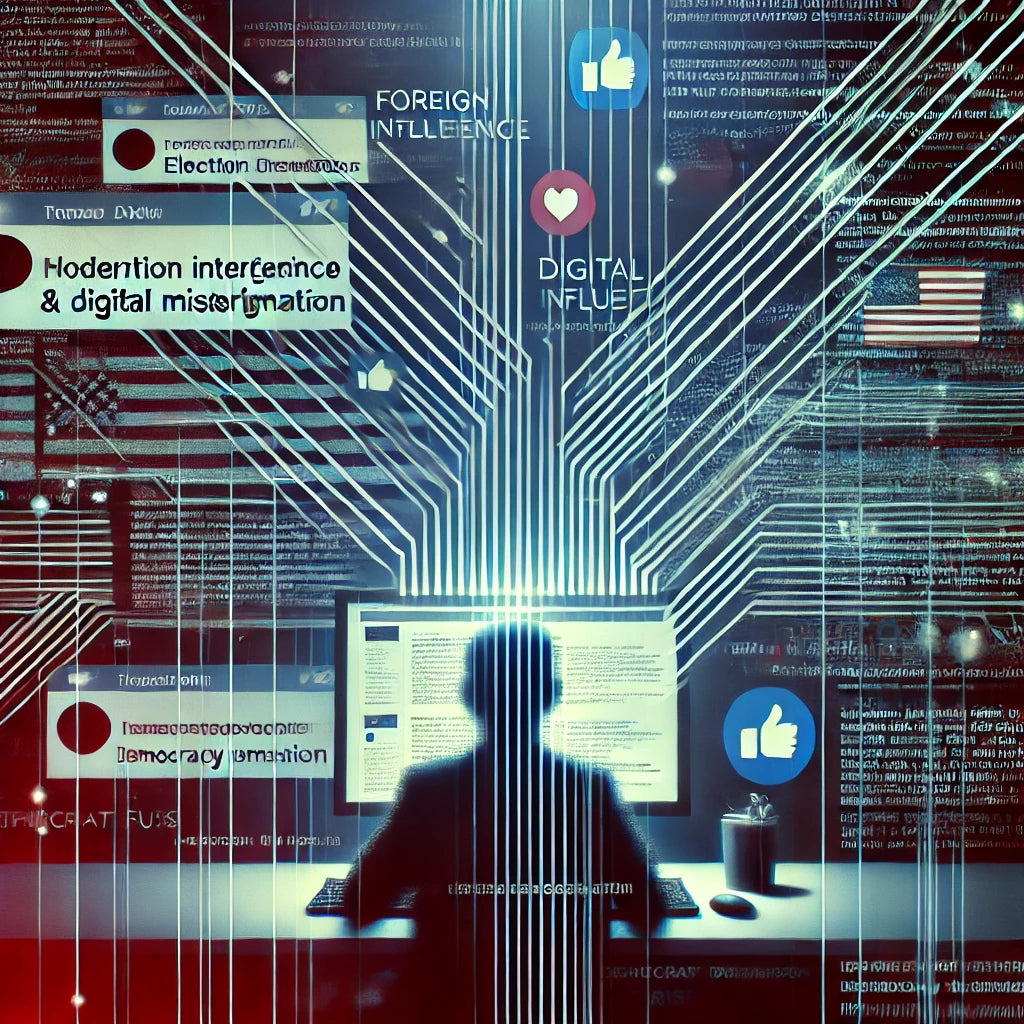
The Cold War Never Really Ended – It Just Changed Tactics
Many of us were taught that the Cold War ended in 1991, with the collapse of the Soviet Union. It was supposed to mark the triumph of democracy over authoritarian rule and the end of decades of shadow battles. But as the 2016 election interference reminded us, that war didn’t end—it simply changed shape and strategies. The battle for influence and control now plays out in the digital realm and within the fabric of our democratic institutions.
Back in the days of iron curtains and nuclear standoffs, the threat was tangible. We worried about missiles pointed at us and spies lurking in the background. Now, it’s different. The war is waged with bytes and bandwidth, using disinformation as the weapon of choice. Russia, under the unrelenting leadership of Vladimir Putin, has transformed its strategy from tanks and troops to tweets and memes, disrupting societies from within rather than engaging on conventional battlefields.
The 2016 U.S. presidential election didn’t just reveal cracks in our electoral process—it exposed the depths of foreign influence. The Kremlin’s tactics weren’t new; they were an upgrade of Soviet-era disinformation strategies. But this time, the landscape was different. With social media at their disposal, Russian operatives planted seeds of doubt and division across millions of screens, all while many of us were unaware that we were combatants in a war we didn’t sign up for.
This new era of digital warfare isn’t just about governments. Billionaires with powerful tech empires are now part of the equation. Enter Elon Musk, the enigmatic CEO of Tesla and SpaceX, who has an intriguing and potentially troubling relationship with Putin. According to reports, Putin personally requested Musk not to activate his Starlink satellite network over Taiwan—a move that raises red flags about the intersection of private enterprise and national security.
Musk’s ventures, especially SpaceX and Starlink, hold significant importance for U.S. defense and intelligence operations. SpaceX has secured multi-billion-dollar contracts with NASA and the Department of Defense, placing Musk in a unique position that blends private influence with public interest. The implications are even more profound considering Musk's financial support for Donald Trump’s campaign and the possibility that he could take a cabinet position in the Trump administration. This prospect brings forth concerns about whether national security decisions could be swayed by his personal and business interests, potentially compromising U.S. policy in favor of financial or geopolitical gain.
For Putin, weakening Western democracy isn’t just strategy; it’s survival. A strong, united democratic front threatens his authoritarian grip. By sowing discord in U.S. politics and eroding trust in institutions, Russia seeks to dismantle the very ideals that oppose its way of governance. The intertwining of Musk's business dealings and foreign influence with U.S. leadership only serves to complicate the battleground, showing how fragile the lines between public office, private enterprise, and foreign power can become.
This November, as political drama unfolded and narratives clashed, it became clear that the Cold War didn’t truly end in 1991—it merely transformed, taking on new and insidious forms. The conflict has shifted from spies and propaganda leaflets to battles waged through digital proxies and powerful players. This year, Russia's interference in the U.S. election reached unprecedented levels, with operatives deploying a mix of AI-generated disinformation, fake social media accounts, and deepfake videos to stoke divisions and erode trust in the electoral process. The cyber assault aimed not only to influence voter behavior but to weaken public confidence in democracy itself. The war now rages through tweets, satellite technology, and behind closed-door deals involving figures with immense power, reminding us that this battle is far from over—it has simply adapted to the age of technology.
If we’ve learned anything, it’s that democracy needs constant vigilance. The threats we face now don’t always come with warning sirens or dramatic headlines. They’re in the posts we scroll through, the deals made under the guise of innovation, and the blurred lines between personal power and public responsibility. The Cold War may have been declared “over,” but in 2024, it’s clearer than ever that its tactics have just evolved.
But we are not powerless. One of the most effective ways we can combat these threats is by becoming more discerning in what we consume and share. Don’t trust everything you read on social media. Do your due diligence, fact-check, and verify that what you’re sharing is accurate and true. This small act of vigilance is our way of fighting back, safeguarding democracy, and ensuring that truth prevails over disinformation. By staying informed and cautious, we each contribute to protecting the integrity of our democratic institutions and pushing back against those who seek to undermine them.
-The Not So Common Gal
